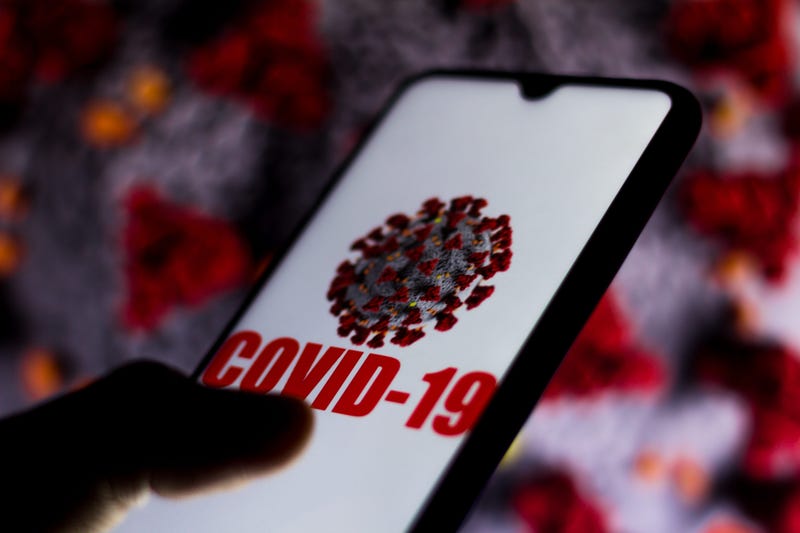
CHICAGO (WBBM NEWSRADIO) -- Terrified you will contract COVID-19? Feeling down, lonely and wondering when you’ll be able to safely see your friends in person again?
Northwestern University said a new collection of mobile apps significantly reduces anxiety and depression among those worried about the coronavirus.
Northwestern said a new study, published May 20 in JAMA Psychiatry, states the collection of mobile apps called Intellicare offer special content to help people reduce the stress and anxiety of dealing with the pandemic.
“These apps offer remote treatment to avoid depression and anxiety during these socially distancing times,” said senior study author David Mohr, director of the Center for Behavioral Intervention Technologies and professor of preventive medicine at Northwestern University Feinberg School of Medicine. “They’re designed to fit easily into people’s lives and to help the millions of people who want support but can’t get to a therapist’s office.”
According to Northwestern, prior to the pandemic, more than 20 percent of Americans had significant symptoms of depression or anxiety each year. Now that percentage may have tripled, according to new research. Prior to the coronavirus, only around 20 percent of people with a mental health problem got adequate treatment.
“The number of Americans getting the help they need is certainly lower now than before,” Mohr said.
The collection of apps offer short exercises to de-stress, reduce worrying, methods to help your life feel more meaningful, mantras to highlight your strengths, strategies for keeping up with daily activities and more.
The level of improvement in anxiety and depression – about 60 percent recovery – was similar to that seen in traditional psychotherapy. While the new study employed coaching along with the apps, previously published research showed the apps alone also reduce anxiety and depression.
According to Northwestern Medicine, people who received IntelliCare over eight weeks showed significantly greater improvements in depression and anxiety compared to the control group. Once the control group received the intervention, their depression and anxiety decreased, too.
“Participants continued to use IntelliCare throughout the eight weeks of coaching and beyond, which is important because people often stop using mental health apps before treatment ends,” said lead study author Andrea Graham, assistant professor of medical social sciences at Northwestern.
This study was conducted as a clinical trial across the internal medicine clinics at the University of Arkansas for Medical Sciences. People were enrolled in the study if they met criteria for depression or anxiety. They were randomized to receive either IntelliCare or continue with care as usual. Of a total of 146 participants, 74 received IntelliCare, and 72 received treatment as usual from their primary care provider.
